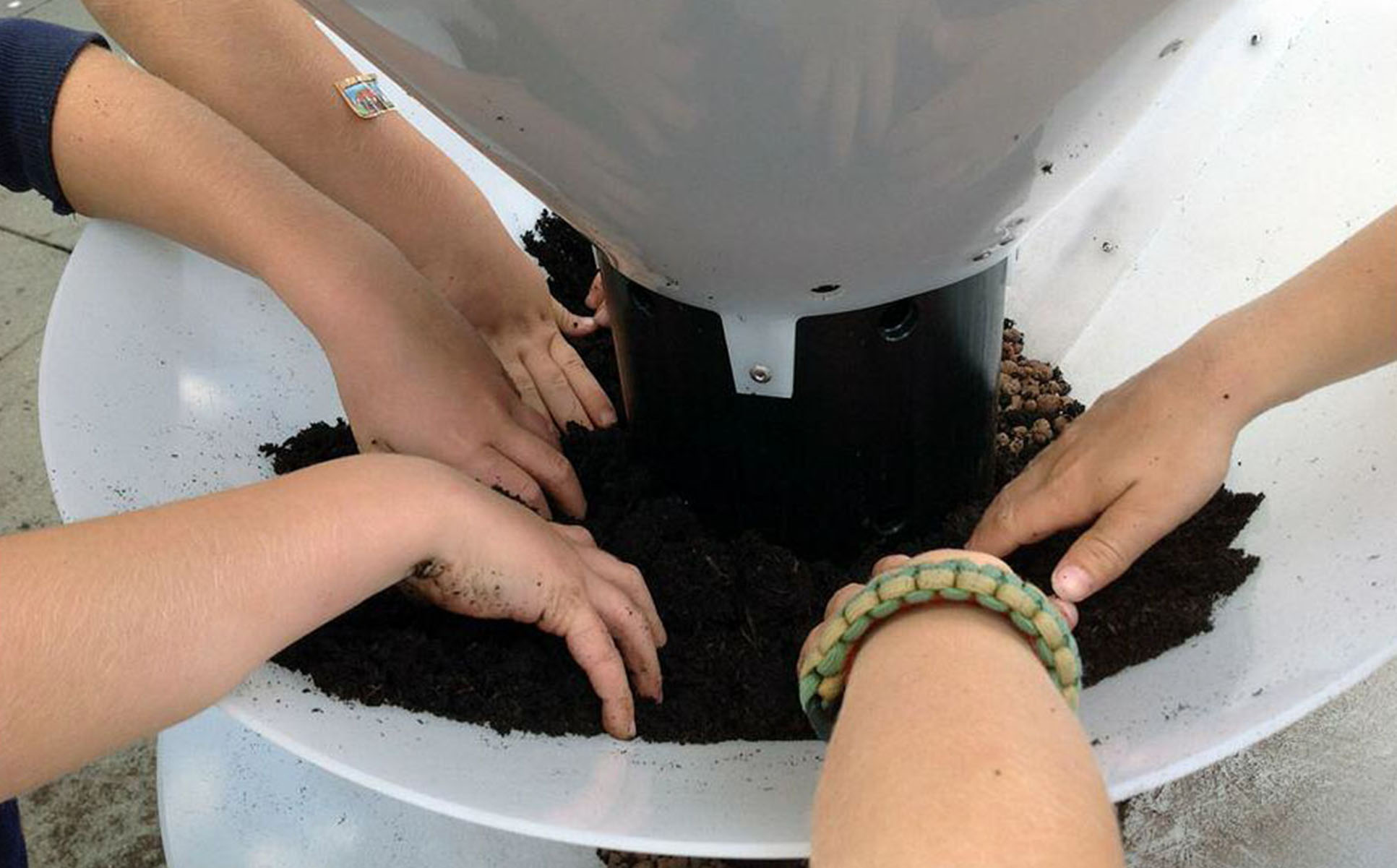Gaining a comprehensive understanding of the intricate relationships within ecosystems and the broader environment requires a substantial educational journey. In today’s world, an increasing number of individuals acknowledge the pressing ecological challenges that confront us.
Oneness with nature: the vision
Yet, despite this awareness, many struggle to translate this knowledge into meaningful changes in their attitudes and behaviours. The critical need is for people to perceive themselves as integral components of the natural world, realizing their potential to contribute positively to the preservation of the environment.
Active commitment to the environment
The aspiration is to cultivate a profound connection between individuals and their surroundings, fostering a sense of unity with nature. This connection should empower people to perceive themselves as active agents capable of making tangible contributions that benefit the environment. By encouraging this mindset shift, we can encourage a more proactive and engaged approach to environmental stewardship, ultimately leading to positive and sustainable impacts on the planet.
The future of nature education
We are currently developing an interactive section for this website, designed to enrich school nature education programs. It offers an engaging experience for groups of children who can visit the Bee Totems, where they’ll learn through exploration, observation, and by sharing pictures of the bees they capture.
Arousing curiosity: Printed sidewalk tiles as an educational tool
The Sidewalk tiles generate curiosity and provide basic information, such as ‘these wild bees don’t make honey and they don’t sting. Or bees do better in cities than at the countryside’
Image: School teacher presents buckets for collecting kitchen scrapings to the students and children with their hands in the soil

